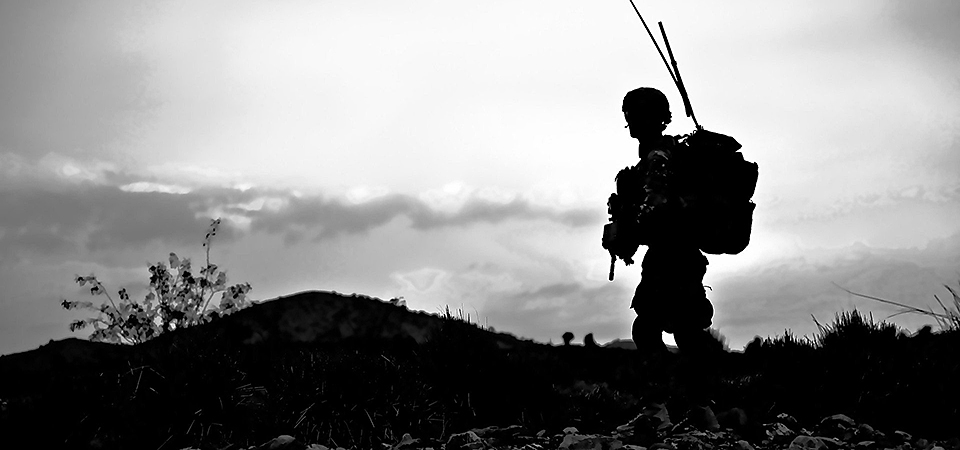
24-30 October is the United Nations’ World Disarmament Week
World Disarmament Week always seems to be a losing cause. That is especially so this year when we have been preoccupied with the Russian invasion of Ukraine. We have seen a smaller nation resist a larger invader. Although its defence has rested on the determination of its leaders and its people, it has been possible only by the lethal weapons it has received from the United States and other European nations. If it is to prevail in the war it will need even more and more powerful armaments.
In these circumstances, to call for disarmament will be seen as at best quixotic, and in Ukraine, as almost treasonous. It will seem to support the conquest by a larger over a smaller nation. Indeed, Pope Francis was angrily rebuked by Ukrainian Catholics for focusing on the evil of the arms trade when reflecting on the war. In such a climate the fear of war is easily stirred, and vast expenditure on military items usually wins the support of all parties and of voters. This threatens to be the case also in Australia as fear of China grows.
The culture of disarmament must begin in the human heart and particularly in reflecting on the qualities that our world values in human beings. In our culture, movies and sports often associate these qualities with warriors, above all with male warriors. Masculinity is imagined through violence, physical strength and taciturnity. This is a stunted view. Like many other groups, The Men’s Project at Jesuit Social Services works to encourage a masculinity characterised by respect and responsibility. These are the human qualities that make disarmament possible.
World Disarmament Week reminds us of the cost and the danger of trying to secure peace by increasingly destructive and costly weapons. When we look at the main military adventures of the last sixty years, in which Australia has been engaged as an ally of the United States, the cost has been enormous. Billions of dollars spent on weapons and on other support for our soldiers, the deaths and mental illness of soldiers, the enormous numbers of civilians dead, wounded and uprooted from the nations where we fought, the long-term degradation of land, and the unkept promises to bring peace and freedom to invaded nations.
Unlike the war in Ukraine, none of these wars involved defending our own land. Eventually, the people whose defence was thought central to world peace were abandoned after all the enormous direct costs of modern war and weaponry. The indirect costs, however, are equally great, particularly in the unrecognised loss of possibilities of making a more free and decent world. Giving priority to preparation for war entails massive expenditure of armies and weapons. It also sours the human spirit.
Although the export of weapons breeds violence and misery, the arms trade is so important to the economies and politics of wealthy nations that to criticise it is seen as unpatriotic. It is highly profitable. But in important ways it impoverishes nations. Huge military budgets coexist with great inequality, poor health systems, high unemployment, inadequate expenditure on education and lack of attention to the reality and threat of global warming.
The costs continually rise. The movement towards nuclear disarmament has stalled at a time when there are enough nuclear weapons to destroy the world many times over. We live in a world in which a single weapon can destroy a large city and its civilian population and make it uninhabitable.
Pope Francis speaks constantly of the curse of the arms industry and of the need for disarmament. He is often dismissed as unrealistic and naïve. But the confidence that all will be all well if we continue to act as we have done now seems not only naïve but stupid.
Fr Andrew Hamilton SJ writes for Jesuit Communications and Jesuit Social Services.